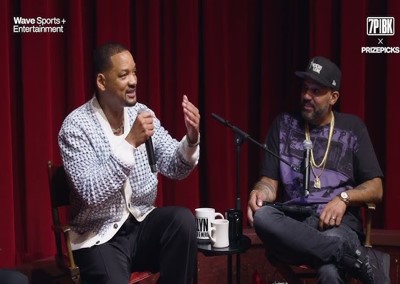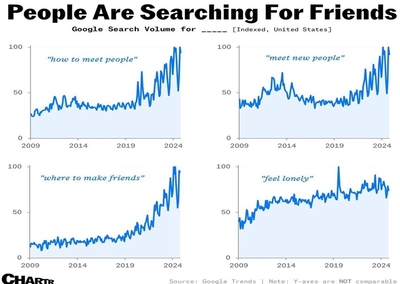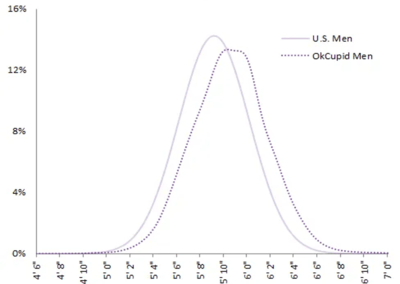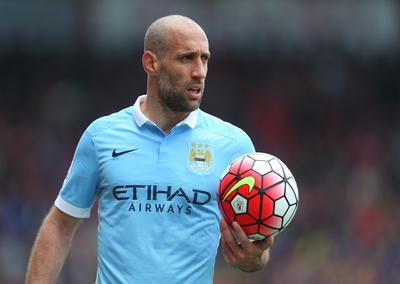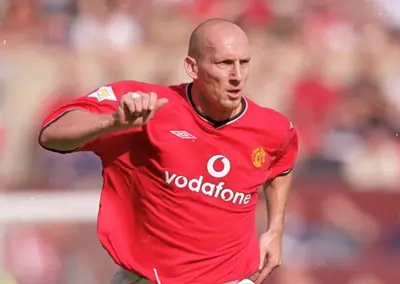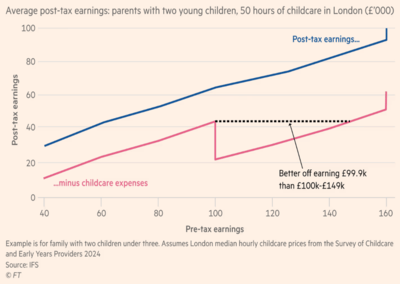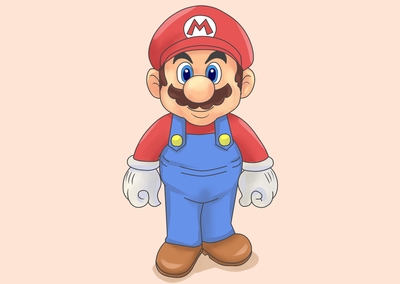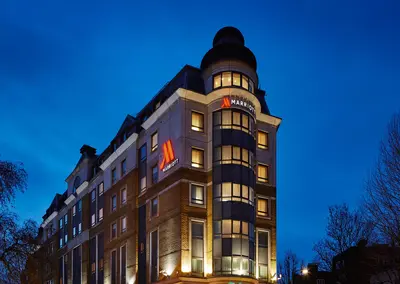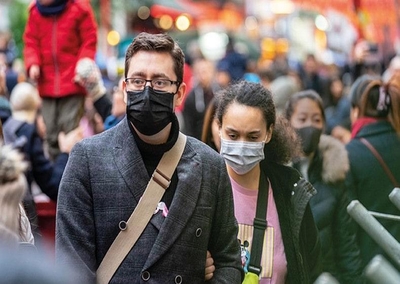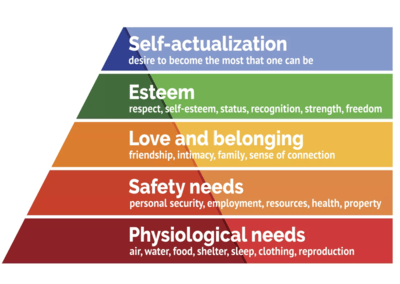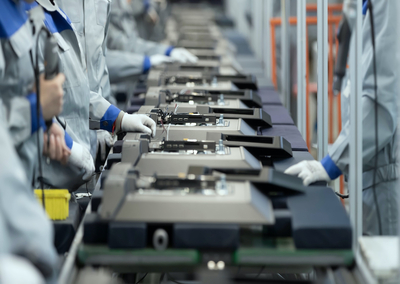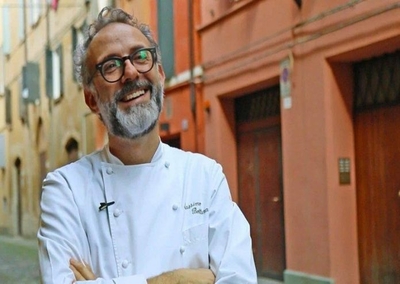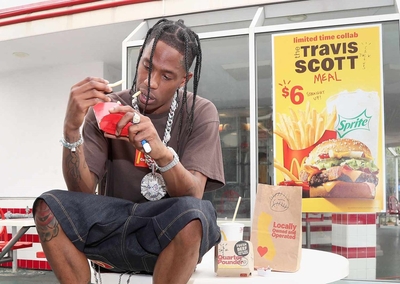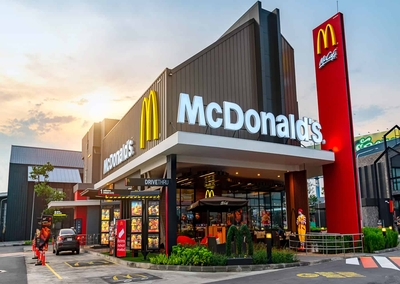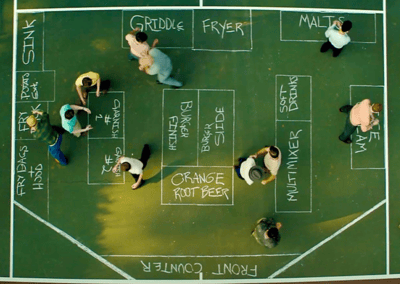“The great thing about being at 90% is you’re at least halfway there.” In other words, the final 10% is disproportionately hard to achieve. And it’s why so much content is only good not great.
All Threads
People aren’t hungry for more virtual connections, they want more real connections.
On the dating site OK Cupid, men are magically 2 inches taller than they are according to medical records.
The club’s coaching staff noticed that Pablo Zabaleta, their dogged and industrious defender, had a habit of sprinting across the field during lulls in play. He had worked out that doing so helped him improve two key physical metrics: total distance covered and the number of high-intensity sprints he had produced.
Sir Alex Ferguson noticed that defender Jaap Stam was making fewer tackles than in previous seasons. The data convinced the manager that Stam was past his prime, leading Ferguson to transfer him to Italian club Lazio. But in reality Stam was making fewer tackles because he was making more interceptions and keeping the ball more as a result: his performance was improving, not declining. Ferguson later conceded, “without a question, I made a mistake there. Jaap Stam was the one.”
Once you earn over £100,000 annually, you lose the right to 30 hours of (very valuable) free childcare. So bizarrely, parents are now better off earning £99,999 than £149,999.
The design of Mario was the result of one big constraint. His creator, Shigeru Miyamoto, was limited by low quality hardware, so he made the character as simple as possible; clothing him in red overalls and a blue shirt for contrast, using a cap to avoid drawing the character’s hairstyle, and drawing a large nose and a mustache, which avoided the need for a mouth and facial expressions.
The world’s largest hotel corporation owns very few hotels. Instead, Marriott makes money by selling its brand to franchisees, who then set up Marriot branded hotels and pay an annual fee in return.
No other item of clothing is so expressive as the mask. To some it represents oppression; a muzzling freedom of expression during the pandemic and, as a hijab, a denial of women’s rights. To others it represents freedom; a tool to thwart the state-controlled apparatus of face recognition, or a bold fashion statement (if you’re Kim Kardashian).
The famous framework suggests we must satisfy psychological needs before social needs – safety before friendships – but in reality there is no strict order. Even when we are hungry, we can be happy with our friends.
Nowadays, mass produced goods are bland while hand made goods are desirable. But in the early 20th century the reverse was true: the advent of the assembly line meant millions of consumers could buy products, like cars, which were previously unattainable because they were too expensive.
The three-Michelin-star chef limits himself to serving waste food that is normally thrown away. On a mission to reduce the billions of tons of food sent to landfill, he uses wilted herbs, soggy celery, and overripe fruit to create his meals. His signature dish, which Bottura labels ‘the world’s most wasted ingredient’. “What you think is food waste is just an opportunity to create something amazing.”
Travis Scott’s partnership meal with McDonald’s was so popular that it caused supply chain issues. (If you’re interested, the meal was a Quarter Pounder burger with cheese, bacon and shredded lettuce, Sprite soda and fries dipped in BBQ sauce, for just $6.)
McDonald’s is essentially a real estate company, making billions in rent from franchised restaurants.
The need for speed led the McDonald brothers to turn to Henry Ford and the world of cars. If Ford could use a specialised system to build a car in two hours, the McDonald brothers could use it to make a burger in less than a minute. They created a new dispenser that squirted the same amount of ketchup every time, and they replaced the silverware with paper wrappings to remove the need for a big dishwasher. The resulting ‘speedee system’ became the basis for modern day fast food as we know it.

